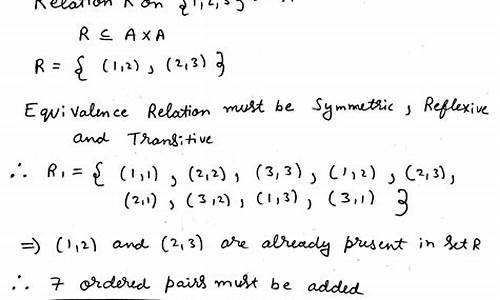The Relationship Between Healthy Eating and Longevity
Healthy eating is a fundamental aspect of maintaining a long and fulfilling life. In recent years, more and more research has demonstrated a clear link between a balanced diet and longevity. People who consume nutrient-dense foods, maintain a balanced intake of essential vitamins and minerals, and follow proper eating habits are more likely to live longer and enjoy a better quality of life. This article explores the connection between healthy eating and longevity, highlighting the key components of a diet that can lead to a longer, healthier life.
The Role of Nutrients in Longevity
A healthy diet provides the necessary nutrients that support vital bodily functions. Nutrients like vitamins, minerals, and antioxidants play a crucial role in protecting cells from damage, boosting the immune system, and reducing the risk of chronic diseases such as heart disease, diabetes, and cancer. By consuming a variety of nutrient-rich foods such as fruits, vegetables, whole grains, lean proteins, and healthy fats, individuals can enhance their chances of living a longer life.
Healthy Eating Patterns and Their Impact on Lifespan

Studies have shown that specific eating patterns can significantly impact lifespan. Diets such as the Mediterranean diet, which is rich in fruits, vegetables, and healthy fats like olive oil, are associated with lower mortality rates. Similarly, plant-based diets that prioritize vegetables, legumes, and whole grains have been linked to reduced risks of chronic diseases and a longer lifespan.

The Importance of Portion Control

While eating healthy foods is essential, portion control also plays a significant role in longevity. Overeating, even healthy foods, can lead to weight gain and increase the risk of obesity-related conditions. By practicing mindful eating and controlling portion sizes, individuals can maintain a healthy weight, improve metabolic health, and potentially increase their lifespan.
Avoiding Processed Foods for a Longer Life
Limiting the intake of processed foods, which are often high in added sugars, unhealthy fats, and sodium, can contribute to a longer life. These foods can promote inflammation, increase the risk of chronic diseases, and lead to premature aging. By opting for whole, unprocessed foods, individuals can enjoy better health and longevity.
Conclusion
In summary, healthy eating plays a crucial role in promoting longevity. By focusing on nutrient-dense foods, adopting healthy eating patterns, controlling portion sizes, and avoiding processed foods, individuals can improve their chances of living a long, healthy life. Embracing these dietary habits not only enhances overall well-being but also contributes to the prevention of chronic diseases, allowing for a higher quality of life as we age.
